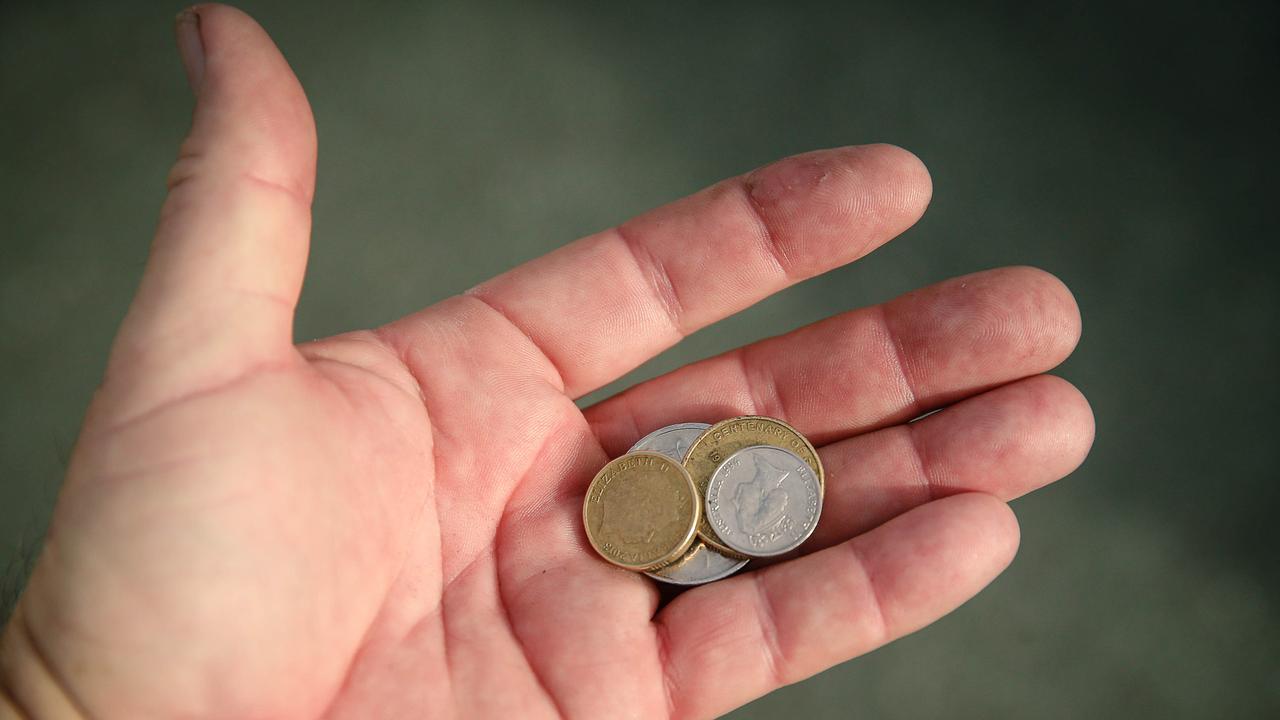Common tax return errors and how to avoid them
Too many Australians are making mistakes on their returns, says Australia’s leading professional accounting body.
With the end of financial year fast approaching, an expert reveals some of the common mistakes made by Australians when it comes to preparing their tax returns, and how to avoid them.
Too many Australians are making mistakes on their tax returns, says Gavan Ord, spokesperson for CPA Australia, Australia’s leading professional accounting body.
“Getting it wrong can lead to delays in receiving your refund, extra work to get it right, unnecessary stress and potentially even penalties,” Mr Ord said.

Don’t rush:
CPA Australia recommends waiting until the data that is pre-filled by the ATO in your tax return is finalised before lodging it.
This is usually done by the end of July, but can take until mid August.
Before lodging your return, CPA Australia also recommends you check the end-of-year income statement from your employer is “tax ready”, and that your private health insurance, dividend and interest information is available.
If not, your return could include unfinalised data, which may result in you needing to amend your return and pay additional tax.
Mr Ord said it was possible that cost-of-living pressures meant people were more eager than usual to access their tax return this year.
“We know it’s tempting to lodge your return straight away, but you should wait for the ATO to finish pre-filling your tax information,” Mr Ord said.
“This can take several weeks or more, and many who lodge in early July end up having to amend their returns later so it’s best to wait.
“It’ll save you in the long run.”
Have the requisite evidence:
It is “fundamental” that you have the requisite evidence to support what’s in your tax return, according to CPA Australia.
“All deductions require evidence to make a claim,” Mr Ord said.
“Many of us have been working from home more often, but remember that you’ll still need to provide evidence to proof the eligibility of your work-related claims.

“You will need a diary of every day you’ve worked from home, and have copies of your bills and receipts.”
Make sure you claim what you are entitled to:
People often don’t realise that they can claim things like donations to charitable organisations, work-related education and training, and even sunglasses if you’re required to wear them for work, Mr Ord said.
“Subscriptions, union and membership fees are all tax deductible if they’re for work – just remember if your work pays for them, you can’t claim them as a deduction,” Mr Ord said.
“Failing to claim everything you’re entitled to means less cash back at tax time.
“This is because people rush their lodgement just to get it done and out the way, they may not have kept the right records, or they don’t properly understand what they are entitled to.”
Seek a professional’s help:
A professional can help you avoid mistakes and claim the maximum tax deductions you’re entitled to.
“The more complex your earning activities and finances, the more you should consider expert advice,” Mr Ord said.
“For instance, if you’re receiving rental income or have bought and sold cryptocurrency, you should consider speaking to a tax agent.
“It’s also important to remember that the fee you pay to a registered accountant to complete your tax return is itself tax deductible. It’s win-win.”





